The gaming industry in 2025 continues to grapple with a persistent and frustrating trend: the forced integration of multiplayer modes into titles that shine brightest as solitary adventures. Corporate pressures and technological advancements have pushed developers to tack on online features, often resulting in experiences as jarring as a whisper in a thunderstorm, where the core immersion is drowned out by ill-fitting mechanics. This phenomenon isn't new, but it has intensified, with many beloved single-player games seeing their legacy tarnished by half-baked multiplayer additions that feel like teaching a goldfish to climb a tree—utterly pointless and doomed to fail. As the year unfolds, it's clear that these tacked-on modes rarely enhance the original vision; instead, they distract from the narrative depth and atmospheric richness that define the best solo journeys.
One standout example is BioShock 2, a game celebrated for its deep, immersive storytelling in the underwater dystopia of Rapture. However, its multiplayer mode emerged as a bland, generic affair that failed to capture the essence of the series. Players found themselves disengaged, as the attempt to weave narrative into competitive matches felt like pouring fine wine into a leaky bucket—the potential was there, but it leaked away into frustration. Most participants ignored objectives, focusing solely on combat, which stripped the experience of any meaningful connection to the single-player campaign. 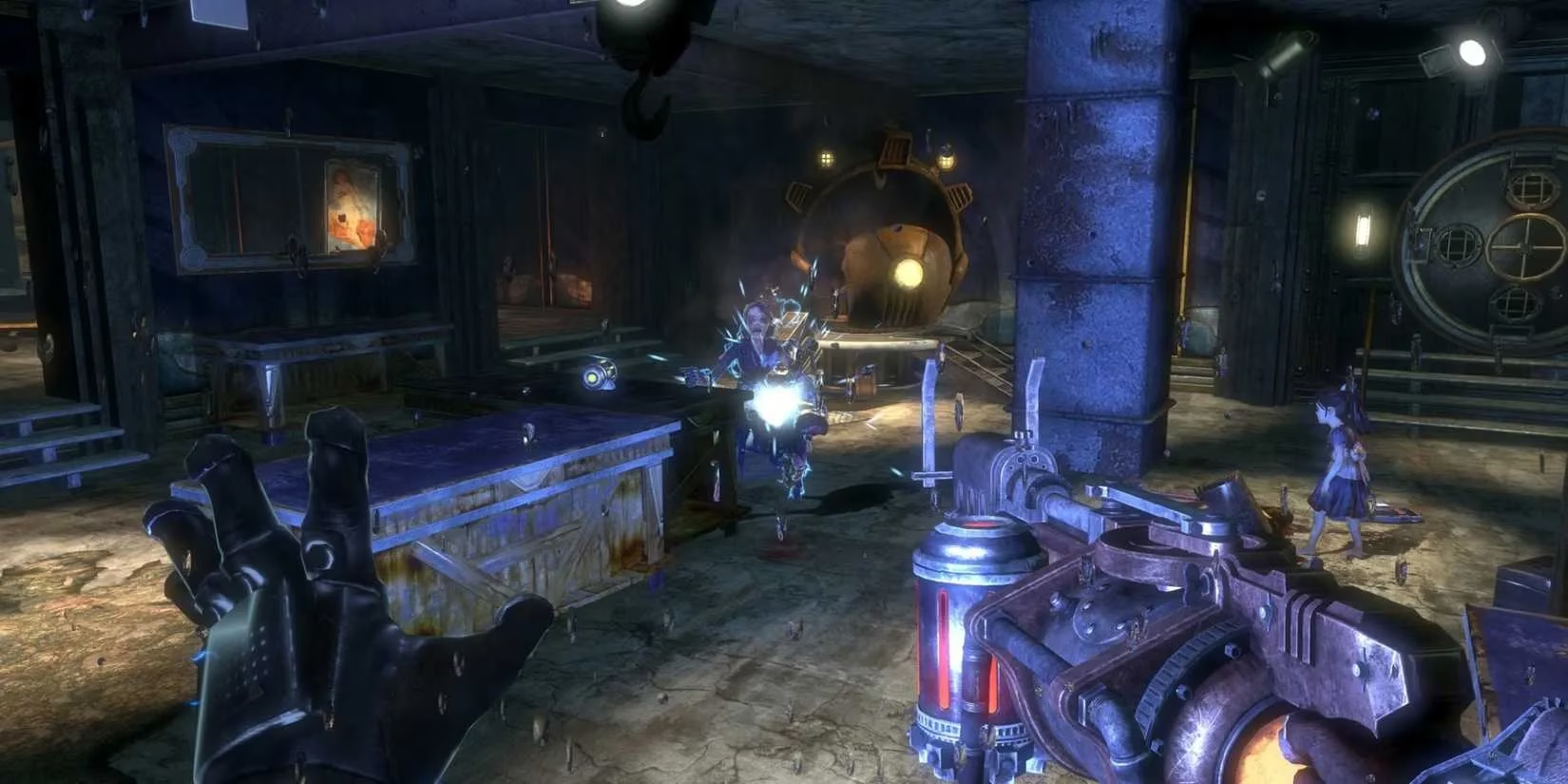
Similarly, Metroid Prime 2: Echoes suffered from a tacked-on multiplayer that was dead on arrival. Designed as a narrative-driven first-person adventure, the game's controls were already cumbersome, and adding a mode where players hunted each other as Samus characters only amplified the flaws. Constantly shifting into morph balls to evade damage turned matches into chaotic messes, lacking the precision and fun of the core gameplay. It was as if the developers had bolted wings onto a submarine—unnecessary and counterproductive. My friends and I abandoned it swiftly after release, preferring to revisit the demo for other titles. 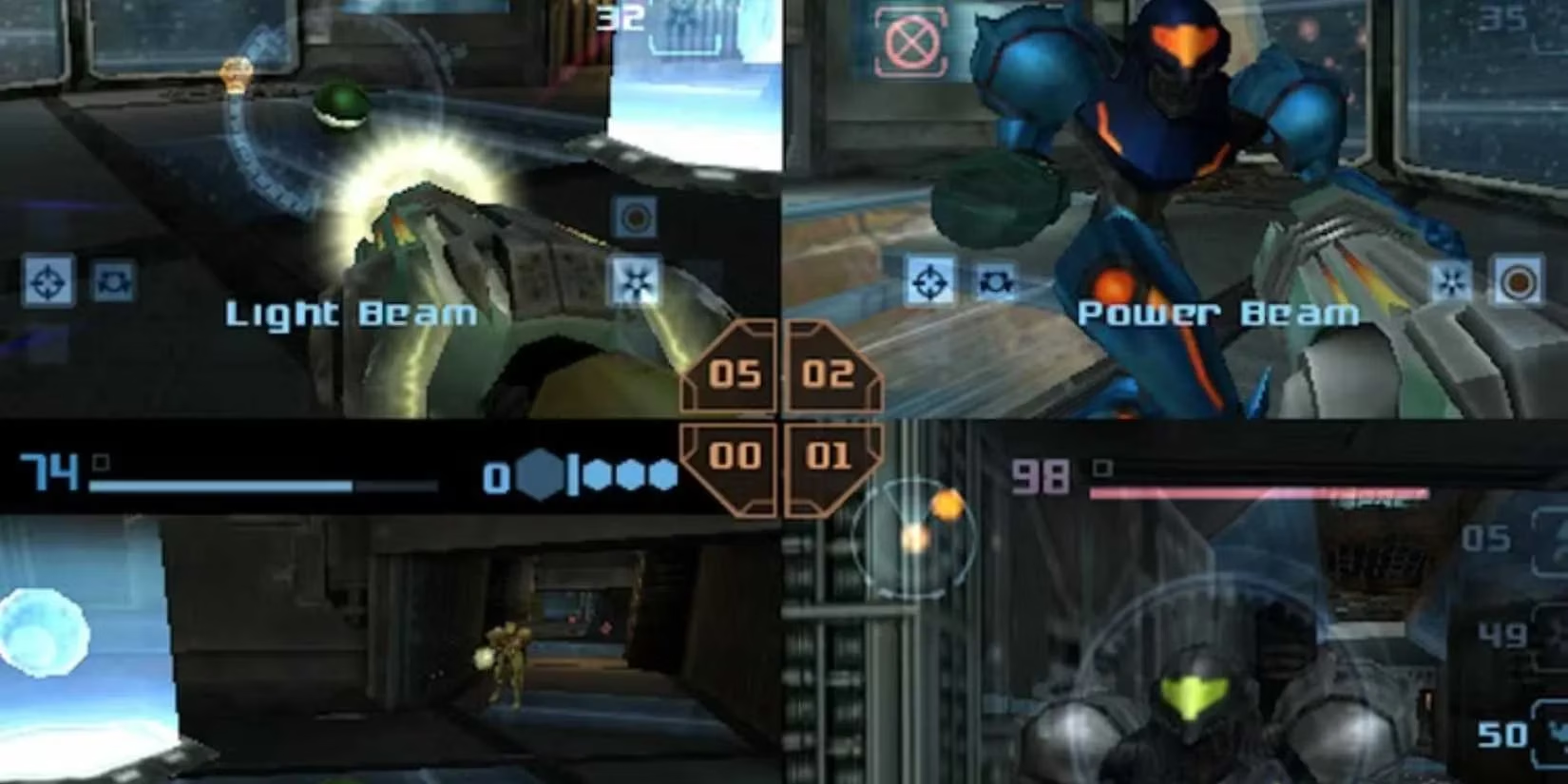
Rockstar's catalog isn't immune to this curse. Max Payne 3 offered tight, bullet-time gameplay in its single-player, but the multiplayer was crippled by connectivity issues and rampant cheating. Despite a cult following, it felt like trying to fit a symphony into a phone booth—cramped and devoid of the original's grandeur. When Grand Theft Auto Online stabilized, players migrated, leaving Max Payne's online scene as barren as a ghost town. This pattern repeated with Grand Theft Auto: San Andreas, where the local co-op was a technical nightmare. The fixed camera caused endless arguments, as if navigating a maze blindfolded, detracting from the open-world wonder. 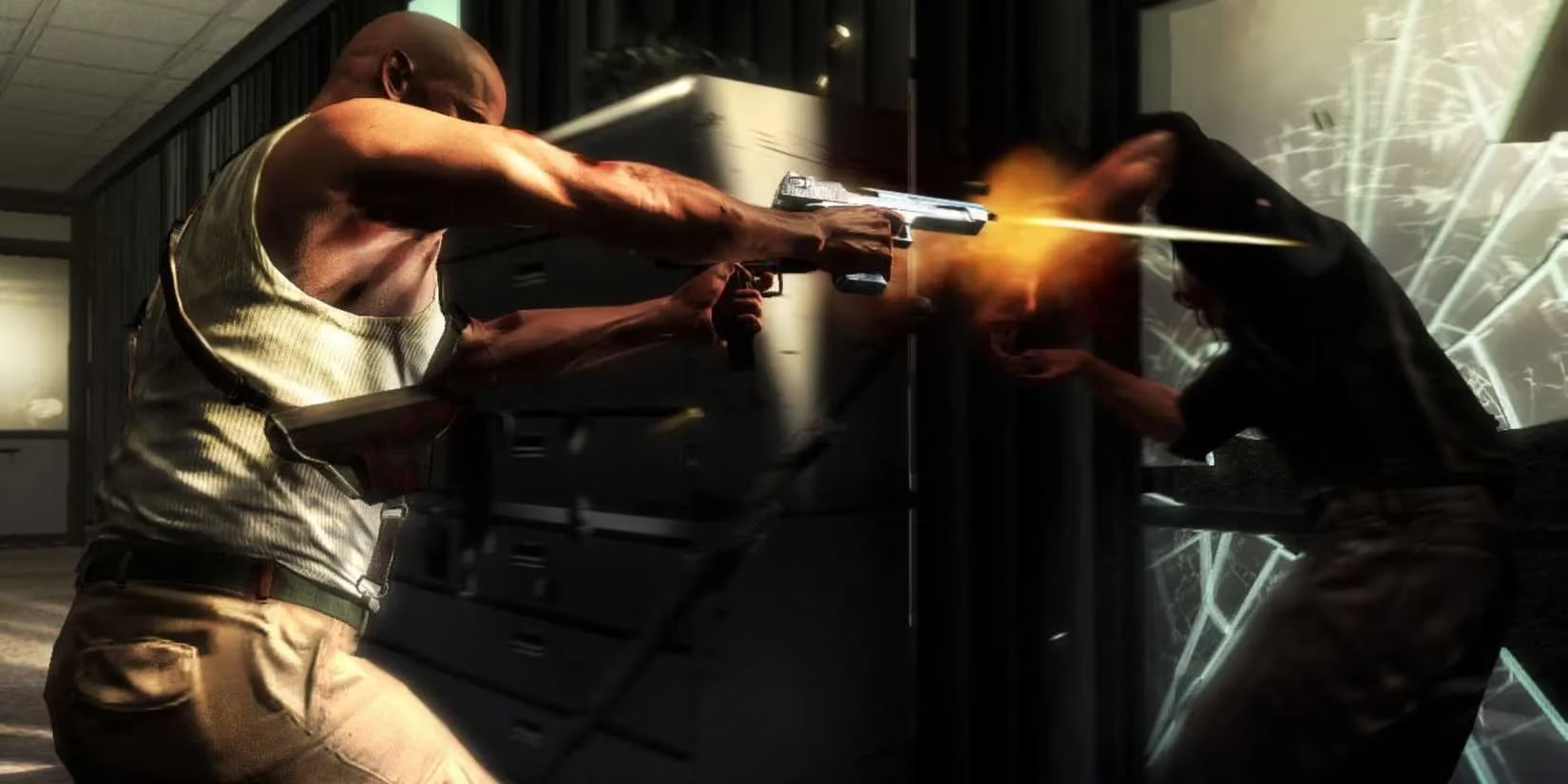

Other notable entries include:
-
Assassin's Creed: Brotherhood: The multiplayer promised chaos but delivered slow, boring assassinations, losing the E3 demo's excitement.
-
Red Dead Redemption 2: Red Dead Online aimed to replicate GTA Online's success but stumbled with glitches and sparse content, feeling like a faded photograph of its vibrant single-player world.

-
Tomb Raider (2013): The reboot's strong solo adventure was undermined by a multiplayer that felt tacked-on and disjointed, failing to support competitive play.
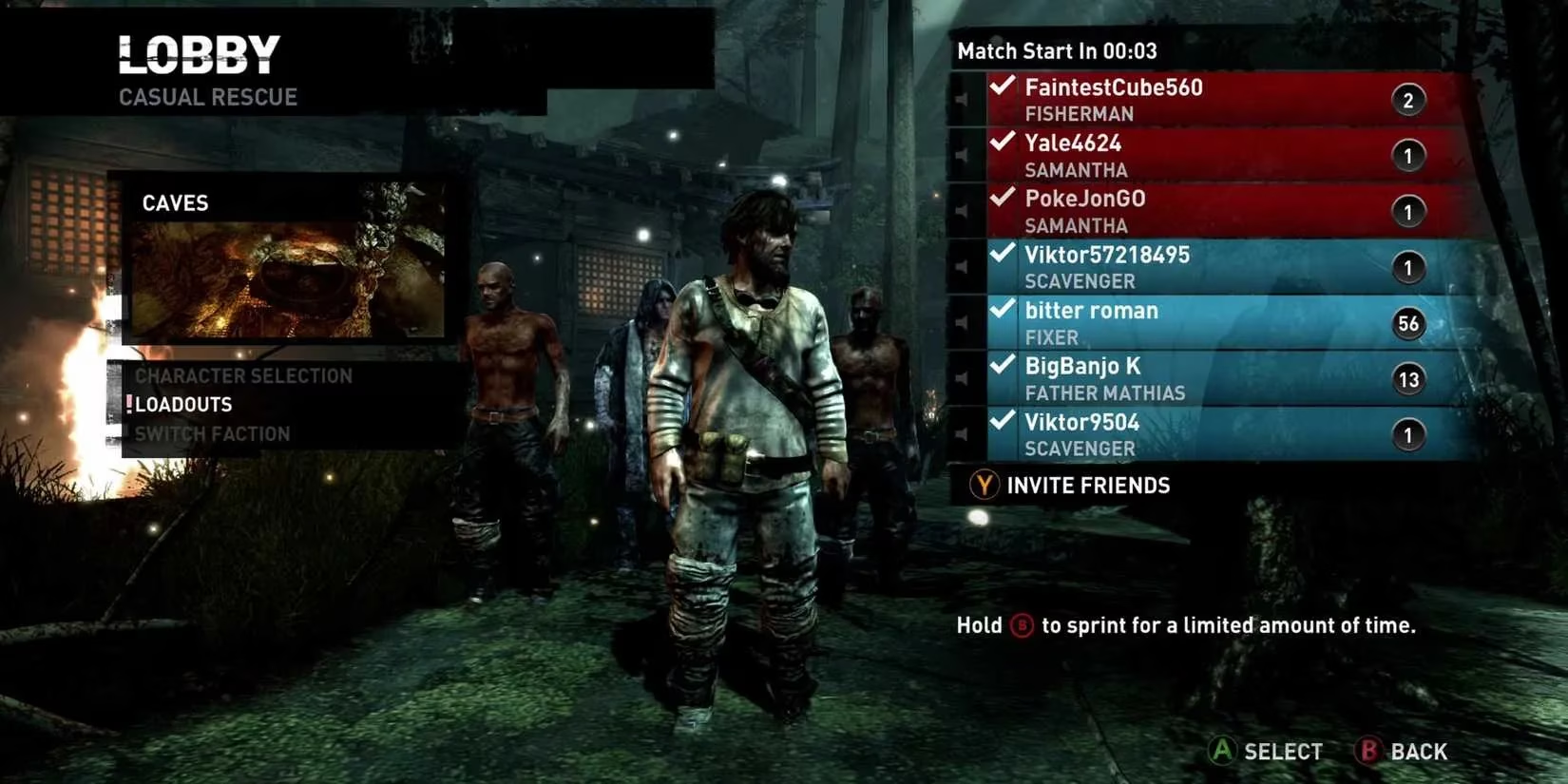
-
Dead Space 2: Its 4v4 human vs. necromorph mode tried to be thematic but paled next to Left 4 Dead, becoming as forgettable as dust on a shelf.
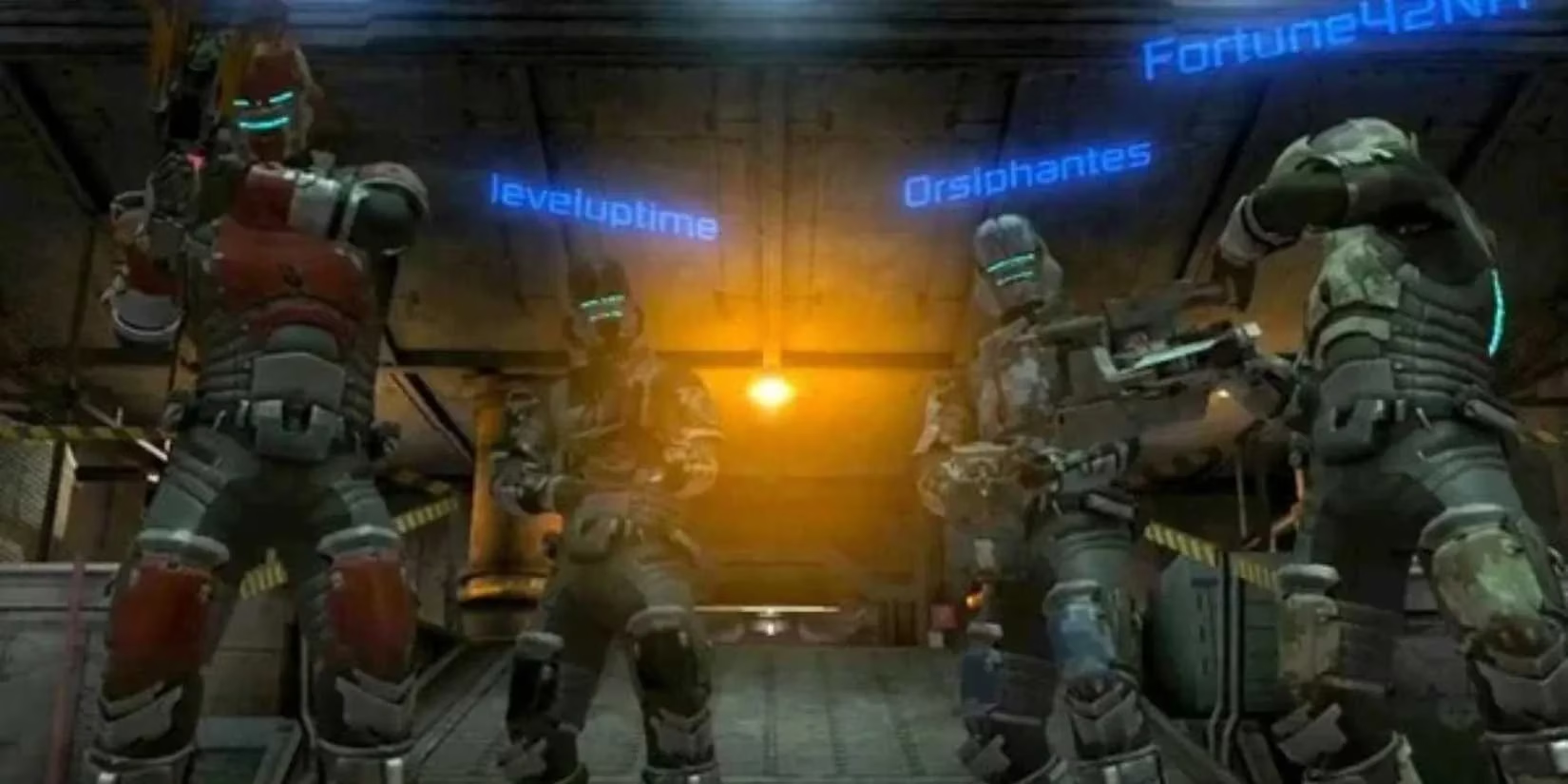
-
Super Mario Galaxy: The co-op feature, where a second player controlled the Star Pointer, was shallow and felt like a distraction, not an enhancement.
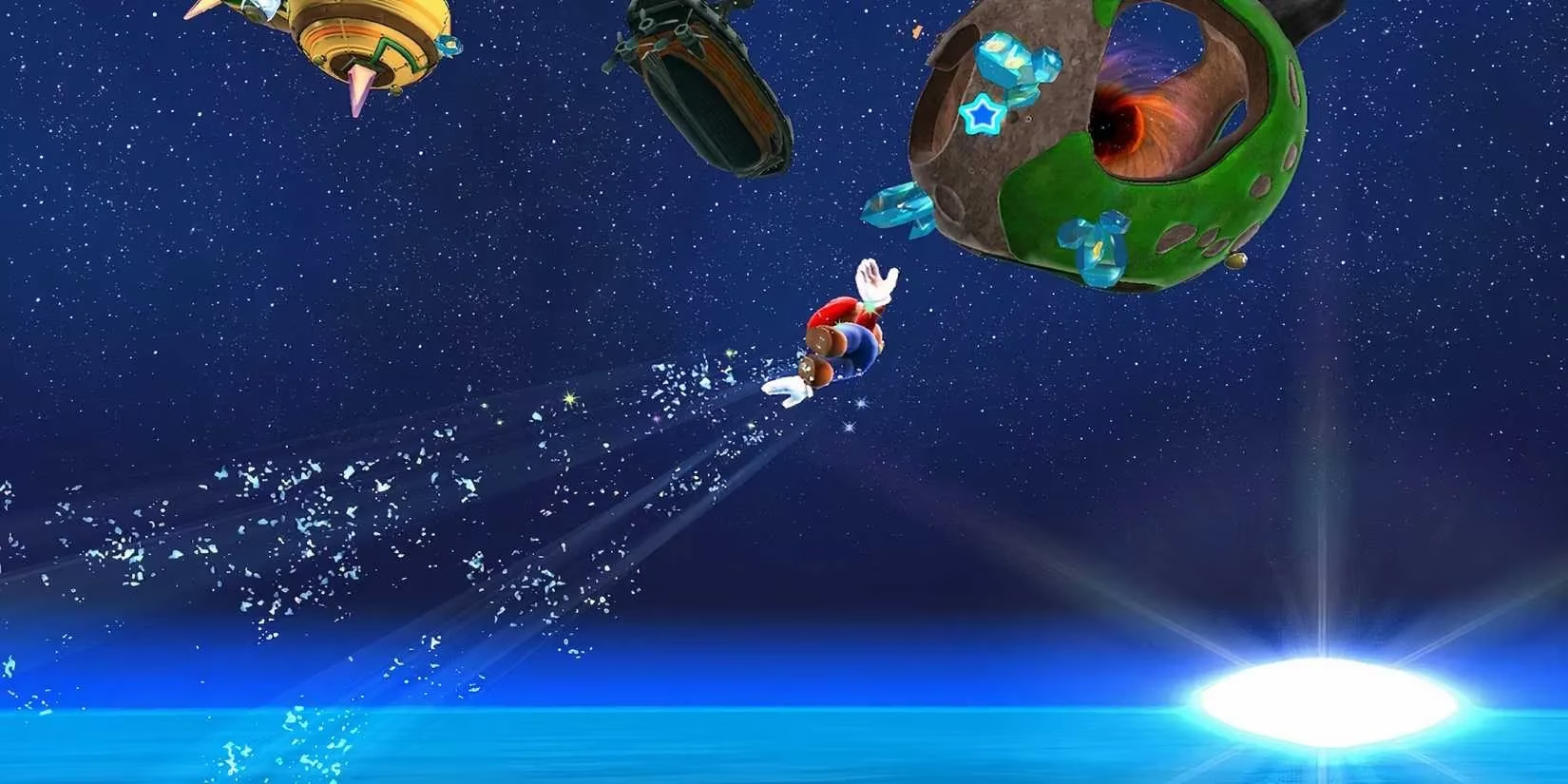
-
Spec Ops: The Line: Outsourced multiplayer lacked the gravity of the single-player, ending up generic and disappointing.
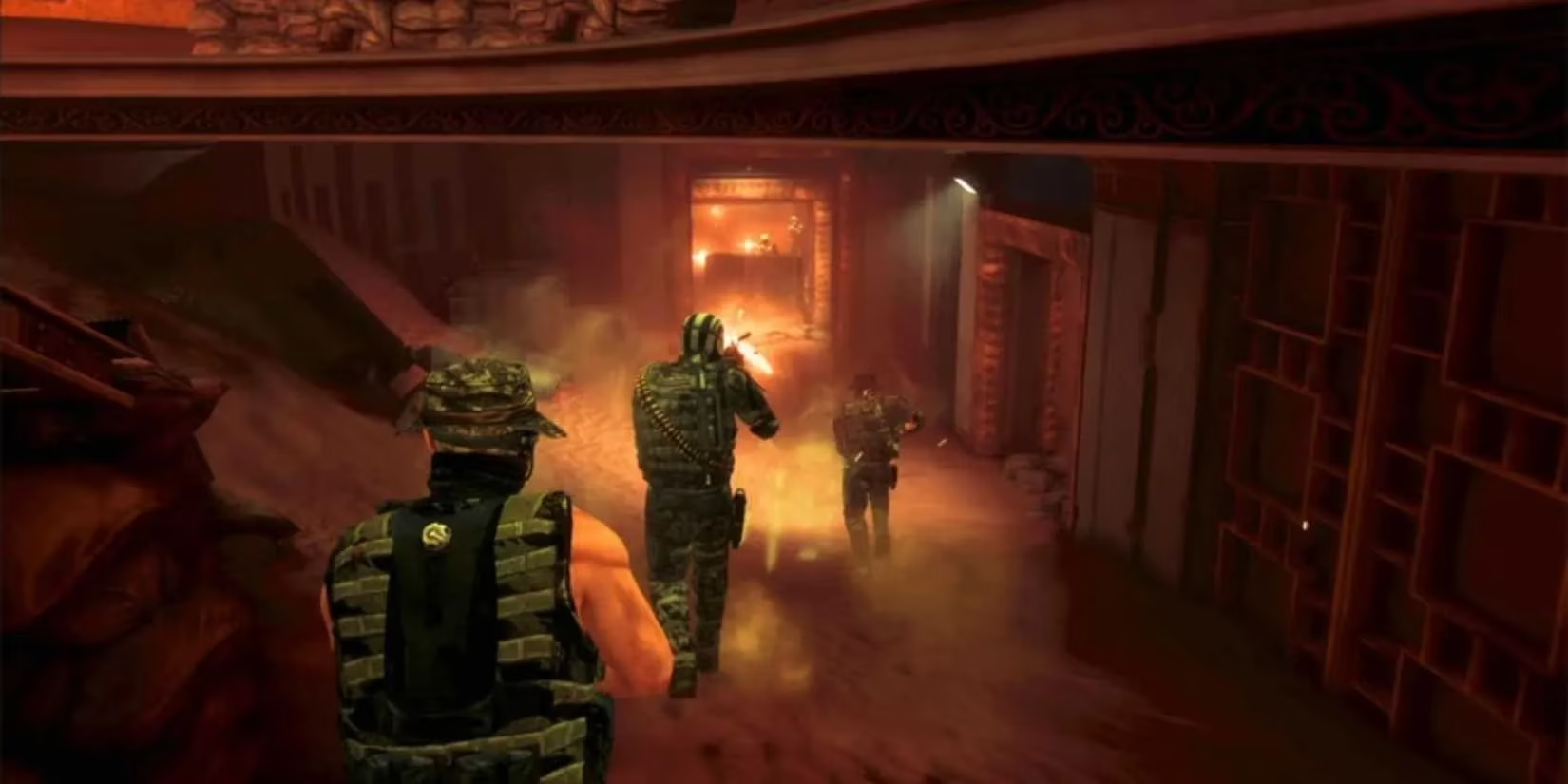
Looking ahead to 2026 and beyond, as a gamer who cherishes solo escapades, I dream of a renaissance where developers ditch this trend, focusing on crafting richer, more immersive single-player worlds without the crutch of multiplayer. It's a future where games aren't diluted by unnecessary additions, allowing narratives to resonate deeply. This shift could elevate the medium, turning each release into a timeless masterpiece rather than a compromised experiment.